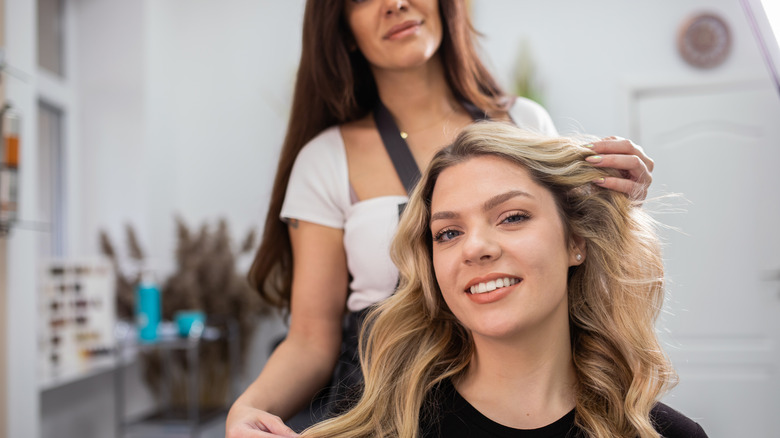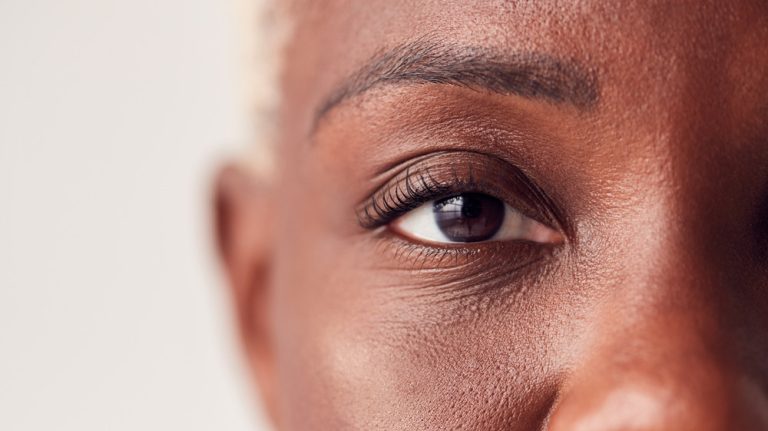Are American men more attracted to women with short or long hair? It seems longer hair often wins out. However, you don’t need to take supplements to grow your hair to get attention. While hair length and romantic appeal can be related, other factors can disrupt this norm and might change your mind about joining the long-hair trend.
Consider perceived personality traits. In a study by Western Connecticut State University, researchers asked college students to determine a woman’s personality based on her hair color and length. The results were intriguing. Participants found the woman with long, blonde hair the most attractive but also labeled her as “higher maintenance” compared to a woman with shorter blonde hair. Additionally, a woman with long brown hair was perceived as less intelligent than her short-haired brunette counterpart.
In summary, while long hair was initially seen as visually appealing during the study, the associated personality traits—such as being “high maintenance” and less intelligent—were not positive. As a result, men might be initially drawn to longer hair but could be turned off by their assumptions about women with long hair.
Where face shape and hairstyle come into the mix

Face shape and hair color can also complicate the issue. A 2019 study in Clinical Anatomy asked 120 participants to identify the most attractive faces among 30 male and 30 female faces. Women with blonde hair (regardless of length) and slimmer faces were rated as more attractive.
What makes this study interesting in the “attraction qualities of short hair versus long hair” debate is that a woman’s face can appear slimmer depending on her haircut. A 2020 conference at the 5th International Conference on Informational Technology Research (ICITR) noted that 70% of perceived face shape can be influenced by hairstyle.
Therefore, a woman’s face might look leaner with a haircut that elongates her face, which is often the effect of longer hairstyles. Conversely, a woman with a long, lean face might be considered attractive (based on the 2019 study) whether her hair is short or long.
In terms of hairstyles, a 2015 experiment from the Scandinavian Journal of Psychology indicated that even if a woman has long hair, she might not receive much male attention unless her hair is worn down. In the experiment, three long-haired women walked by men, and the two with up-dos received less attention compared to the one with loose hair.
Blaming hair length bias on biology or society

The important question is why hair length should matter. In a 2024 Refinery29 article, Dr. Helen Damon provides insights. According to her, “If someone has long, healthy hair, this is an indicator that they may be generally healthy … so from a primal, reproductively focused perspective, that would be ‘a good thing.'”
Dr. Damon’s conclusion is supported by a 2016 study in Frontiers in Psychology. The study found that both male and female subjects perceived women with long hair (regardless of color) as more attractive, possibly due to the belief that long hair is harder to maintain. Thus, women with long hair might be viewed as individuals who invest time in grooming.
However, another expert quoted in the same Refinery29 article disagrees, suggesting the preference for long hair is culturally driven rather than biological. Autumn Whitefield-Madrano says, “[If] you show the same thing as being sexually appealing enough times, most people will begin to find it sexually appealing.”
Ironically, if Whitefield-Madrano is correct, society has yet to fully embrace super-short hairstyles. In a 2023 year-end retrospective, Vogue highlighted the five trendiest TikTok hairstyles, and only one was between chin and shoulder length.




